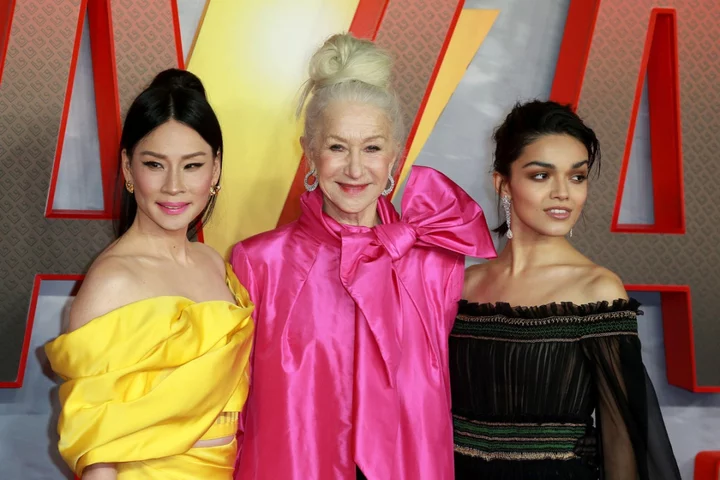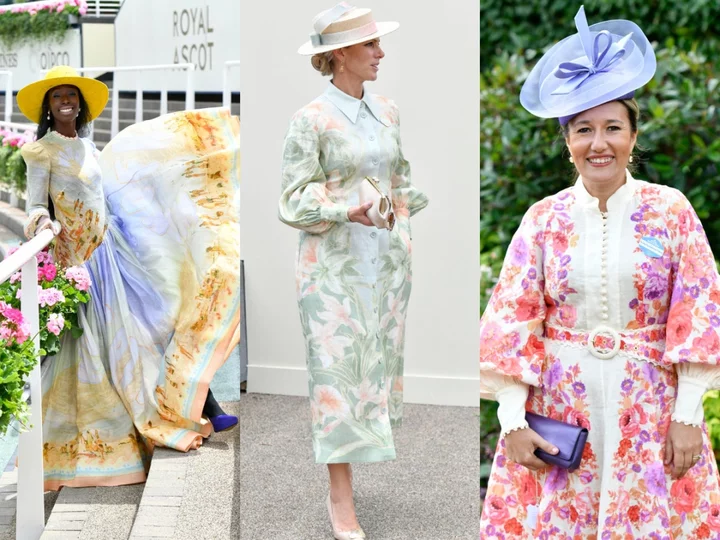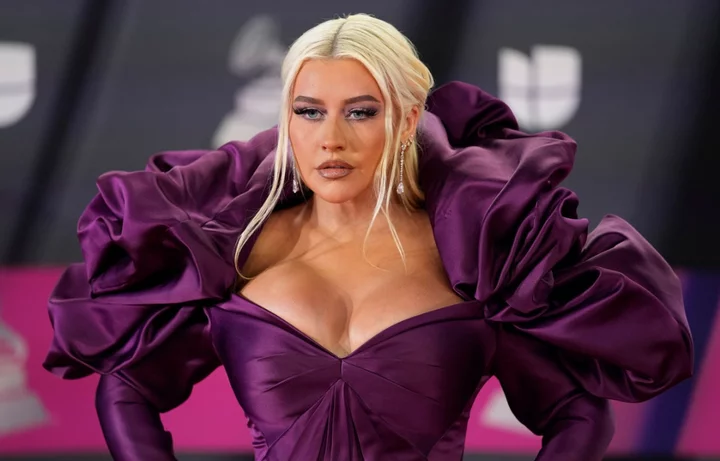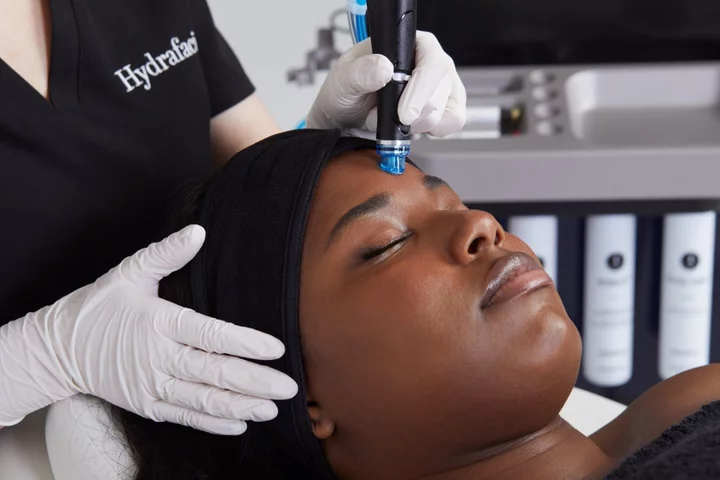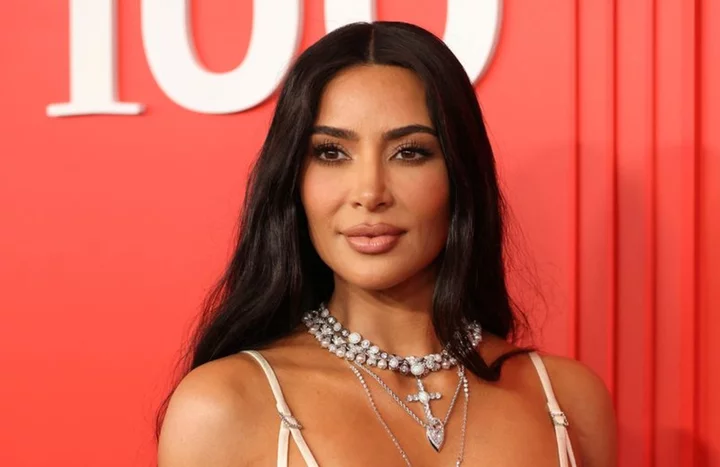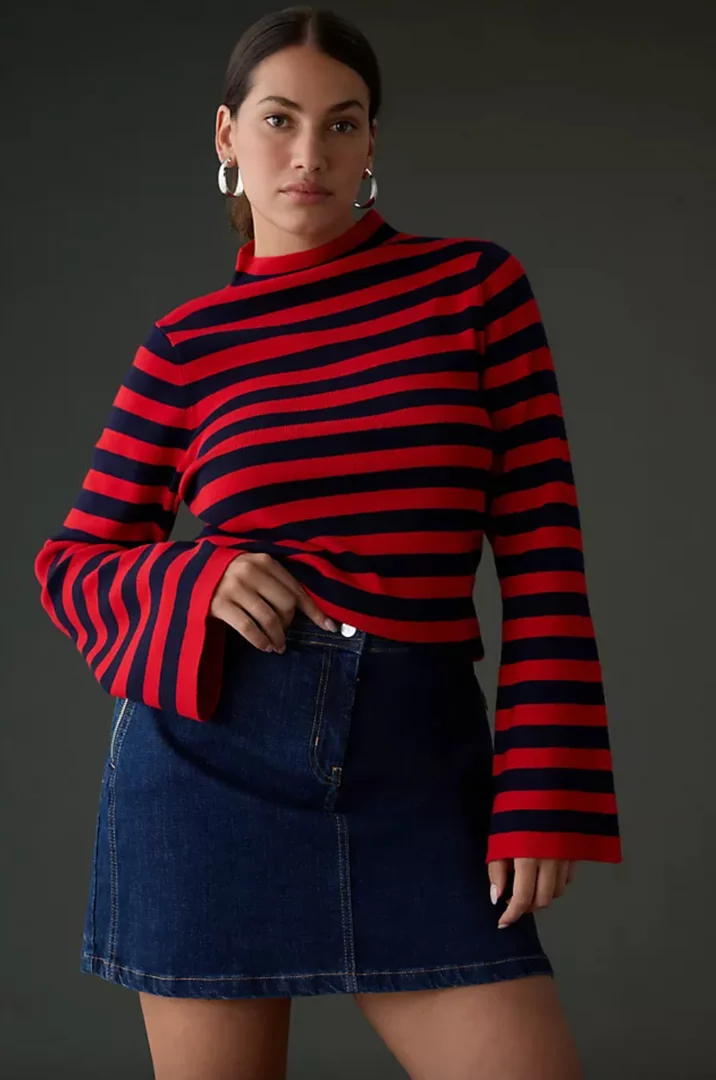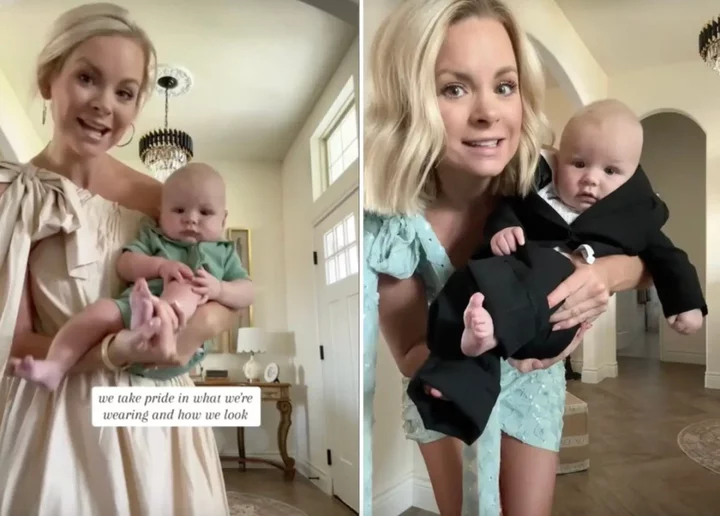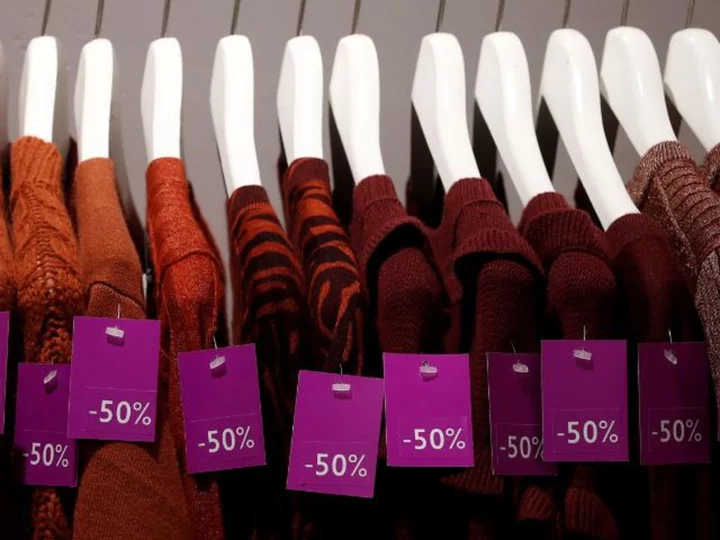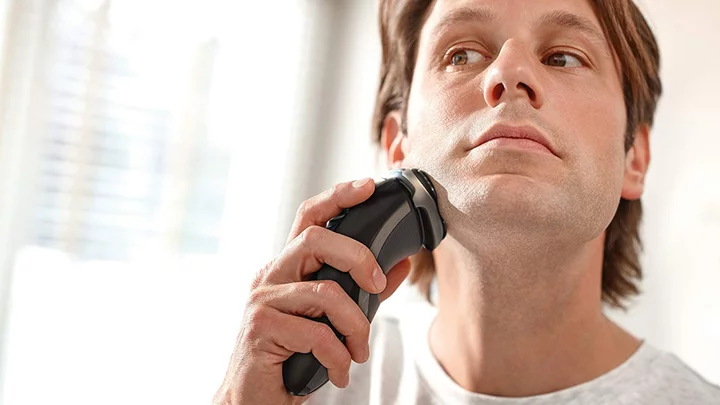The latest fashion trend to go viral online doesn’t involve a hot new denim style or designer handbag – it’s about overhauling your entire wardrobe with the help of colour analysis.
Professional stylists and amateur enthusiasts alike have been sharing videos of fashionistas swathed in swatches of fabric as they endeavour to discover the palette of colours that suits them best.
Also known as ‘finding your colours’, the topic is exploding on social media, with millions of video views on TikTok and 100k posts under #colouranalysis on Instagram.
“TikTok users love educational content and transformation stories,” says Cliff Bashforth, managing director of Colour Me Beautiful, which provides personal colour consultations.
“Colour analysis provides a captivating narrative, and the system can be proven by displaying ‘before and after’ makeovers, good and bad colours on an individual and colour combinations.”
While trends like this year’s ubiquitous Barbie pink will keep popping up from time to time, consumers are increasingly rejecting the idea of ‘must-have’ pieces and adopting a more personalised approach.
“With the general conscience turning away from fast fashion, colour analysis is a good way to ensure you’re buying something that will suit you perfectly and last a lifetime,” says Megan Watkins, head stylist at SilkFred.
What are the benefits of colour analysis?
“For many people, finding their most flattering shades of clothing (and make-up) is a life-changing experience,” says Bashforth.
“Wearing your best shades of clothing enhances your natural colouring, brings out your individuality, boosts confidence, and ensures you always look your best, effortlessly expressing your personal style.”
As well as guiding how you buy and style clothes, colour analysis can suggest flattering make-up and hair shades.
Watkins says: “Finding the right colour palette for you will elevate your entire aesthetic and can even help with making your skin look brighter and minimise dark circles.”
What happens at a colour analysis appointment?
“It is a common misconception that ‘finding your colours’ is down to your hair colour or eye colour – it’s all about your skin,” says Watkins.
“Your skin undertone stays the same no matter your age or how long you’ve been in or out of the sun, so assuming the colour analysis is done correctly, your colour palette will stay the same for the rest of your life.”
At a professional colour analysis session, which can last up to two hours, a stylist will look at how different groups of shades look against your face.
“Larger coloured swatches – known as ‘drapes’ in the trade – are used to test for the undertone, depth and clarity of the individual’s colouring,” Bashforth explains.
“Some companies also use the seasonal method and categorise people into spring, summer, autumn, or winter.
“At Colour Me Beautiful we start by explaining our 24-palette system so the client fully understands why he or she falls into a certain colouring type.”
The stylist will talk through colour combinations, outfit ideas and make-up suggestions, and you’ll be given a fabric swatch to use as a guide for shopping.
“No longer is an individual told ‘what colours to wear’,” Bashforth adds.
“Instead a flexible approach has been adopted which means a client is shown ‘how to wear colour’ – it’s more about the shades of a hue, rather than the hue itself.”
Can you do it yourself?
While a thorough consultation with a specialist is the best way to find your perfect palette, there are some principles you can borrow to try some DIY colour analysis.
“Gather up a variety of tops, knitwear etc. in warmer and cooler hues,” says Bashforth, starting with no make-up and wearing a top in a basic neutral shade.
“In daylight, stand in front of a mirror and hold each garment up to your face, observing whether your complexion is enhanced and looks fresher, or your skin appears dull or pale.”
You could also use the ‘vein test’ to see where you fall on the warm/cool divide.
“All you need to do is check your wrist and see if your veins appear as a more green shade or if they appear to be a blue/purple hue,” says Watkins.
“If you’re on the green side, this is classed as a warm tone, if you’re veering towards blue or purple then you’re on the cooler side of things.”
She adds: “If you’re looking for a colour that suits just about everyone, primary red is a good bet as it partners well with every other colour on the colour wheel.”
Leem Ruffled-Hem Woven Maxi Dress in Olive, £145, Selfridges
Roman Blue Sleeveless Abstract Print Maxi Dress, £60
River Island Pink Ruched Sleeve Blazer, £65; Pink Wide Leg Pleat Trousers, £40
Oliver Bonas Gold & Yellow Striped Midi Dress, £79.50
Read MoreCharity boss speaks out over ‘traumatic’ encounter with royal aide
Ukraine war’s heaviest fight rages in east - follow live
Dementia diagnosis could be sped up thanks to AI
Reading for pleasure in childhood boosts brain health in teenage years – study
Stan Wawrinka on setbacks, preparing for Wimbledon and friendship with Roger Federer

